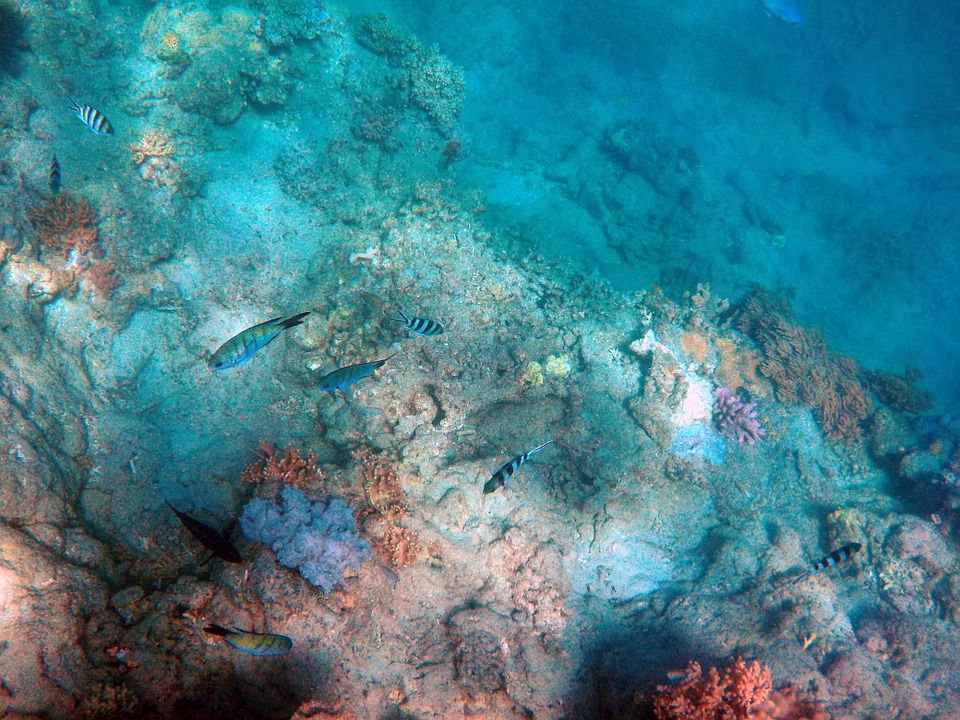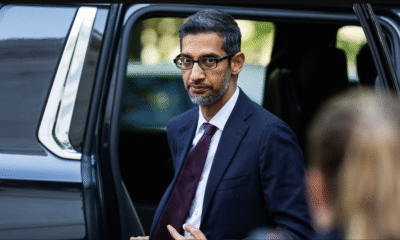Environment
Global companies and brands support WWF’s call to temporarily ban deep-sea mining
A number of global companies and brands, including Google, Samsung, BMW and Volvo, have signed up to a World Wildlife Fund (WWF) call for a moratorium on deep-sea mining. The moratorium calls for a ban on deep seabed mining activities until the risks are fully understood and all alternatives are exhausted.
WWF, in an official statement, said the companies commit not to source any minerals from the seabed, to exclude such minerals from their supply chains, and not to finance deep seabed mining activities. “With much of the deep sea ecosystem yet to be explored and understood, such activity would be recklessly short-sighted.”
BMW said raw materials from deep-sea mining are not an option for the company at present because there are insufficient scientific findings to be able to assess the environmental risks. Samsung SDI said it was the first battery maker to participate in WWF’s initiative.
WWF, on its portal, highlights that growing demand for metals and minerals doesn’t have to cost the Earth. Alternative solutions already exist, a combination of innovation, recycling and repair can satisfy industries’ need for raw materials without opening the seafloor to mining. The journey to a more sustainable future begins with a simple decision – no deep seabed mining, it says.
Companies cite the significant risks to economies and to ocean health that would arise from opening up the deep seabed to extraction of minerals. Marine ecosystems are connected, and many species are migratory. Therefore, deep seabed mining would not occur in isolation and disturbances would easily cross jurisdictional boundaries. Negative effects on global fisheries would threaten the main protein source of around one billion people and the livelihoods of around 200 million people, many in poor costal communities.
“A global moratorium on all deep seabed mining activities is urgently needed. Extraction must not go ahead until the environmental, social and economic risks are understood, and all alternatives to deep sea minerals have been explored. Then appropriate regulation will be needed to protect the marine environment and human well-being.”
Also Read: HealthPlix raises $13.5 million to digitally supercharge doctor-patient interactions
The world-body highlighted that calls for a moratorium are increasing, with local and international NGOs, community leaders, scientists, governments and fishers’ organizations leading the way.













































Pingback: Facebook India cracks down on hate speech amid elections in four states | The Plunge Daily